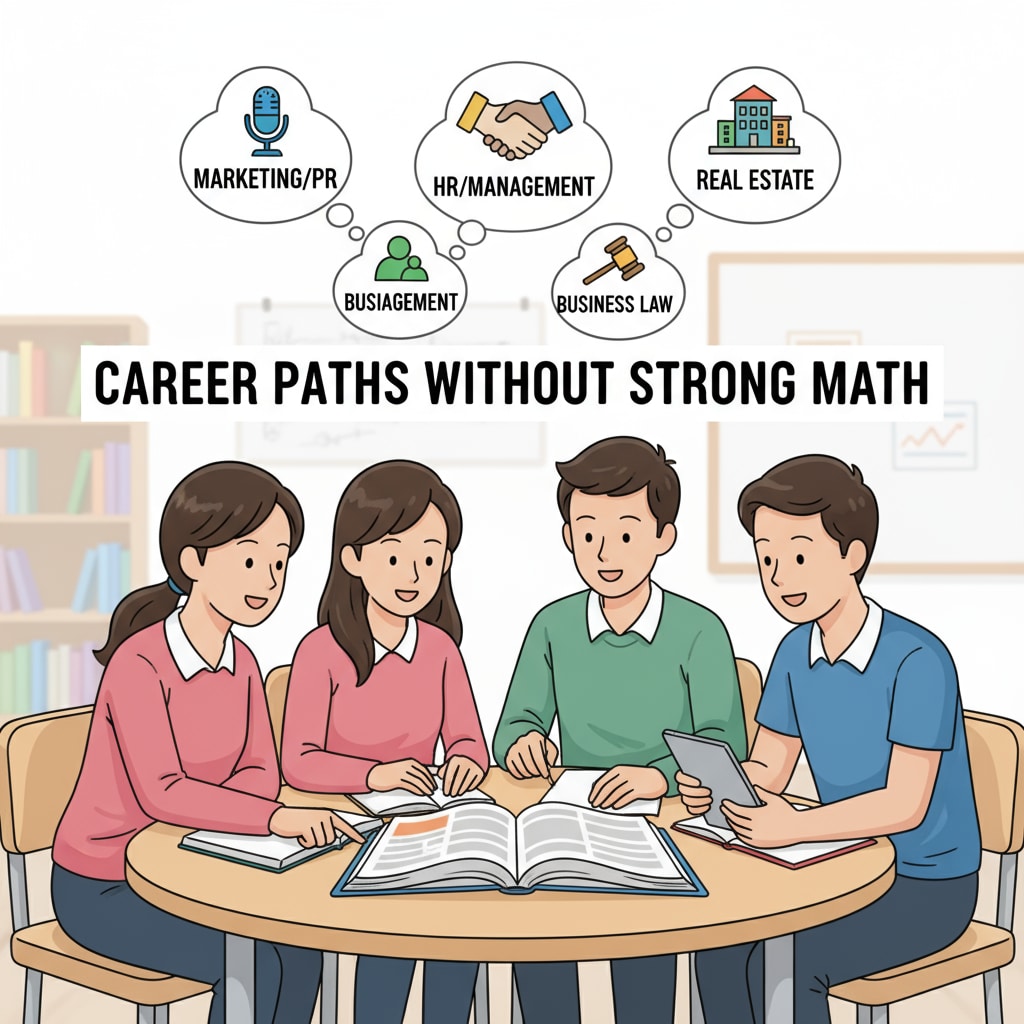Commerce, higher education, and career planning are crucial aspects for students, especially those who haven’t chosen to study math. For Commerce students who skipped math courses, there’s no need to panic. There are numerous viable paths in both higher education and the professional world.

Alternative Higher Education Routes
One of the great things about the field of Commerce is the variety of higher education programs available even without a math background. For example, many universities offer specialized degrees in areas like business administration with a focus on management, marketing, or human resources. These programs often require less advanced math compared to finance or accounting majors. According to Britannica, business administration encompasses a wide range of skills and knowledge areas, not all of which rely heavily on math. Students can also consider degrees in international business, which focus more on global market trends, cultural understanding, and trade regulations. This allows them to explore different aspects of the business world without being bogged down by complex mathematical concepts.

Emerging Career Avenues
In addition to traditional Commerce roles, there are emerging career paths for those without strong math skills. Marketing is a prime example. With the digital revolution, areas like social media marketing, content marketing, and brand management have become highly sought-after. These roles require creativity, communication skills, and an understanding of consumer behavior rather than advanced math. Another growing field is human resources. As companies focus on employee well-being and talent acquisition, HR specialists who can manage relationships, develop policies, and handle recruitment are in demand. As stated on Wikipedia, human resources is a multifaceted discipline that values interpersonal and organizational skills over mathematical prowess.
Moreover, the field of business consulting also offers opportunities. Consultants with expertise in areas such as strategic planning, process improvement, and organizational change can succeed without extensive math knowledge. They rely on problem-solving skills, critical thinking, and the ability to communicate effectively with clients.
Readability guidance: By highlighting these alternative higher education routes and emerging career avenues, we can see that Commerce students without math have a wealth of options. They can pursue degrees that align with their interests and skills, and then enter exciting career fields that don’t demand advanced mathematical abilities. With proper career planning, they can thrive in the business world.


